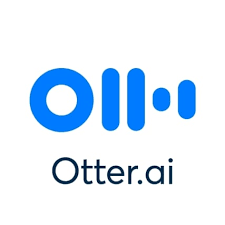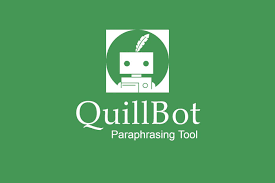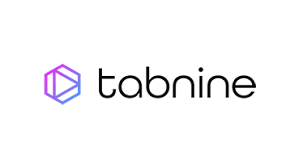The notion of the “Eureka!” moment, with a lone genius striking gold, is etched in society’s collective imagination. However, the truth about groundbreaking business ideas often deviates from this myth. Most successful ventures emerge from a series of brainstorming sessions, sprints, prototypes, and course corrections, as opposed to a solitary epiphany.
Entrepreneurs know that birthing a category-defining business or a blockbuster product is no walk in the park. The task is demanding and fraught with uncertainty. But now, entrepreneurs have a potent ally in their brainstorming endeavors: generative AI. Could AI become the catalyst for the next billion-dollar business idea? I firmly believe AI can and will inspire the next Airbnb.
It’s best to employ multistep frameworks to ignite the process of product ideation, design, and prototyping. Humans possess an inherent capacity for generating brilliant ideas, but AI can substantially enhance that creative prowess.
As a founder, how can you integrate AI to enhance the creative process? How can you harmonize human insights, precise business goals, and AI for growth and innovation?
AI for Product Ideation
Commencing with product ideation is a sensible starting point. When your initial ideas are nebulous, generative AI can be invaluable in crystallizing them. A plethora of generative AI tools are available, ranging from the general, like ChatGPT, to those tailored to specific industries or applications.
Employ prompt engineering to catalyze brainstorming with remarkable efficiency. For instance, you might initiate the process with a problem statement and instruct AI to envision 50 distinct solutions based on the realities of various markets and user segments substantiated by research data.
The brainstorming journey can incorporate increasingly specific prompts and inject proprietary data into the AI system, provided it operates within a secure, closed ecosystem. I have seen success in supplementing AI with quantitative and qualitative inputs, such as insights into user behaviors, societal trends, consumer preferences, market modeling, and more. Our ideation and prototyping frameworks are seamlessly layered into the process, and other consultancies and companies can do the same with their innovation models. By leveraging AI, we can initiate a brainstorming session with 40 concise product concepts encompassing elements like the business model, future value, early success indicators in the market, and various metrics.
Once the team narrows down to a handful of top concepts, generative AI can facilitate due diligence. This entails competitive analysis, market forecasting, labor market data analysis, financial modeling, and more. At this stage, the innovation team can begin to gauge the likelihood of a product idea’s success and identify potential blind spots.
While AI-powered brainstorming is still in its infancy, we are witnessing the emergence of specialized GenAI applications and platforms for sectors such as law, medicine, and education. These tools could become integral to the product ideation process.
However, challenges persist, including safeguarding sensitive data and addressing intellectual property issues tied to machine-generated ideas. Yet, these challenges will likely find solutions as the AI landscape evolves. For founders searching for the next breakthrough business concept, GenAI is the spark they need.


















